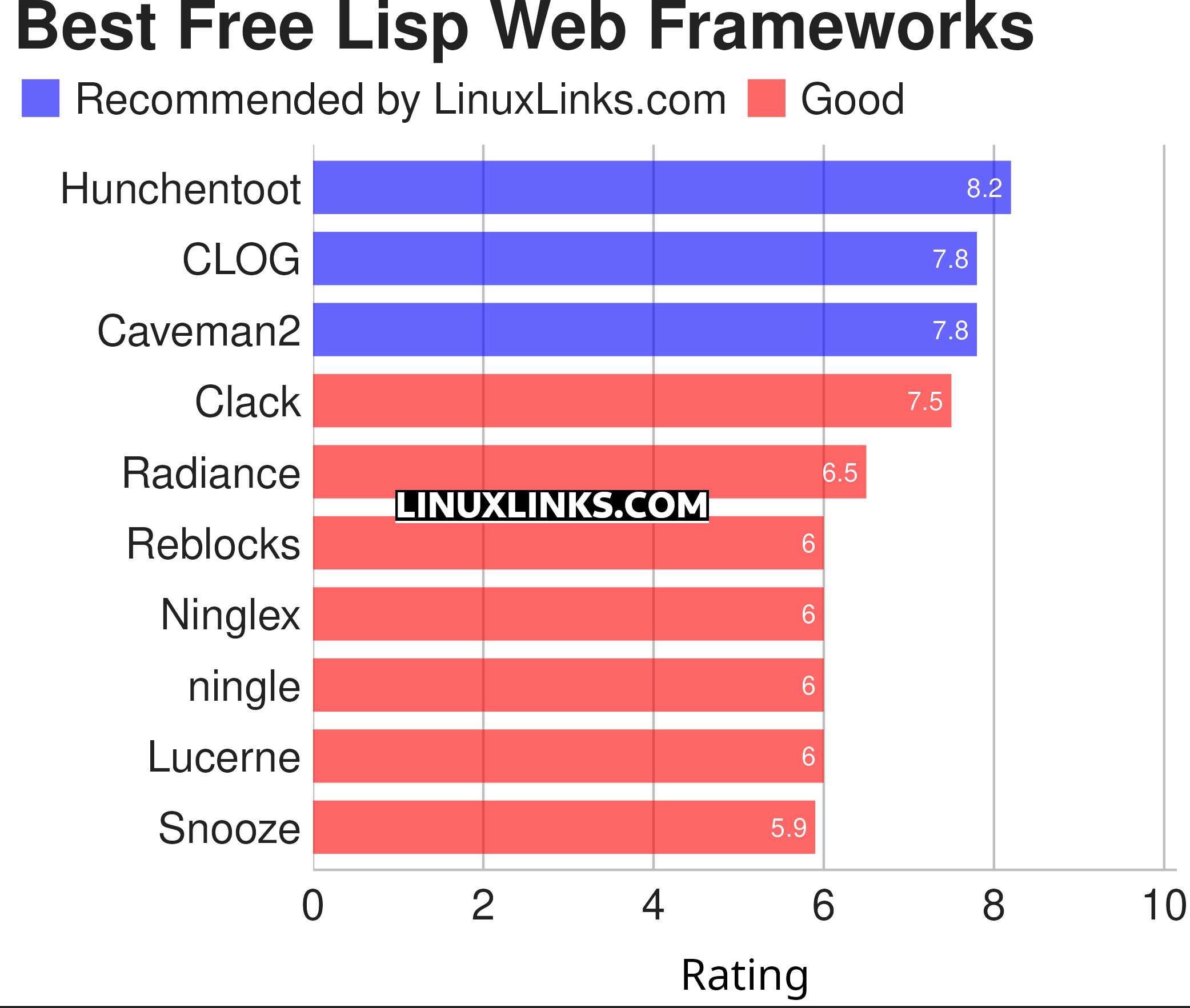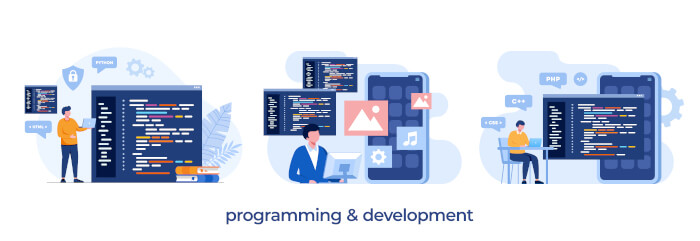One of the types of software that’s important for a web developer is the web framework. A framework “is a code library that makes a developer’s life easier when building reliable, scalable, and maintainable web applications” by providing reusable code or extensions for common operations. By saving development time, developers can concentrate on application logic rather than mundane elements.
A web framework offers the developer a choice about how to solve a specific problem. By using a framework, a developer lets the framework control portions of their application. While it’s perfectly possible to code a web application without using a framework, it’s more practical to use one.
Lisp (derives from “LISt Processing”) is one of the oldest programming languages. It was invented in 1958, with the language being conceived by John McCarthy and is based on his paper “Recursive Functions of Symbolic Expressions and Their Computation by Machine”. Over the years, Lisp has evolved into a family of programming languages. The most commonly used general-purpose dialects are Common Lisp and Scheme. Other dialects include Franz Lisp, Interlisp, Portable Standard Lisp, XLISP and Zetalisp.
Here’s our verdict on the finest web frameworks for Lisp captured in a legendary Linuxlinks chart. We only feature free and open source software.

Let’s explore the 10 Lisp web frameworks. For each program we have compiled its own portal page, a full description with an in-depth analysis of its features, together with links to relevant resources.
| Lisp Web Frameworks | |
|---|---|
| Hunchentoot | Web server and a toolkit for building dynamic websites |
| CLOG | Common Lisp Omnificent GUI |
| Caveman2 | Lightweight web application framework |
| Clack | Web application environment inspired by Python's WSGI and Ruby's Rack |
| Radiance | Web application environment, similar to a web framework but more general |
| Reblocks | Fork of Weblocks web framework |
| Ninglex | Ready-to-go micro web framework based on ningle |
| ningle | Lightweight web application framework that was forked from Caveman |
| Lucerne | Web application framework built on Clack |
| Snooze | URL router for Common Lisp designed around REST web services |
This article has been revamped in line with our recent announcement.
 Read our complete collection of recommended free and open source software. Our curated compilation covers all categories of software. Read our complete collection of recommended free and open source software. Our curated compilation covers all categories of software. Spotted a useful open source Linux program not covered on our site? Please let us know by completing this form. The software collection forms part of our series of informative articles for Linux enthusiasts. There are hundreds of in-depth reviews, open source alternatives to proprietary software from large corporations like Google, Microsoft, Apple, Adobe, IBM, Cisco, Oracle, and Autodesk. There are also fun things to try, hardware, free programming books and tutorials, and much more. |
